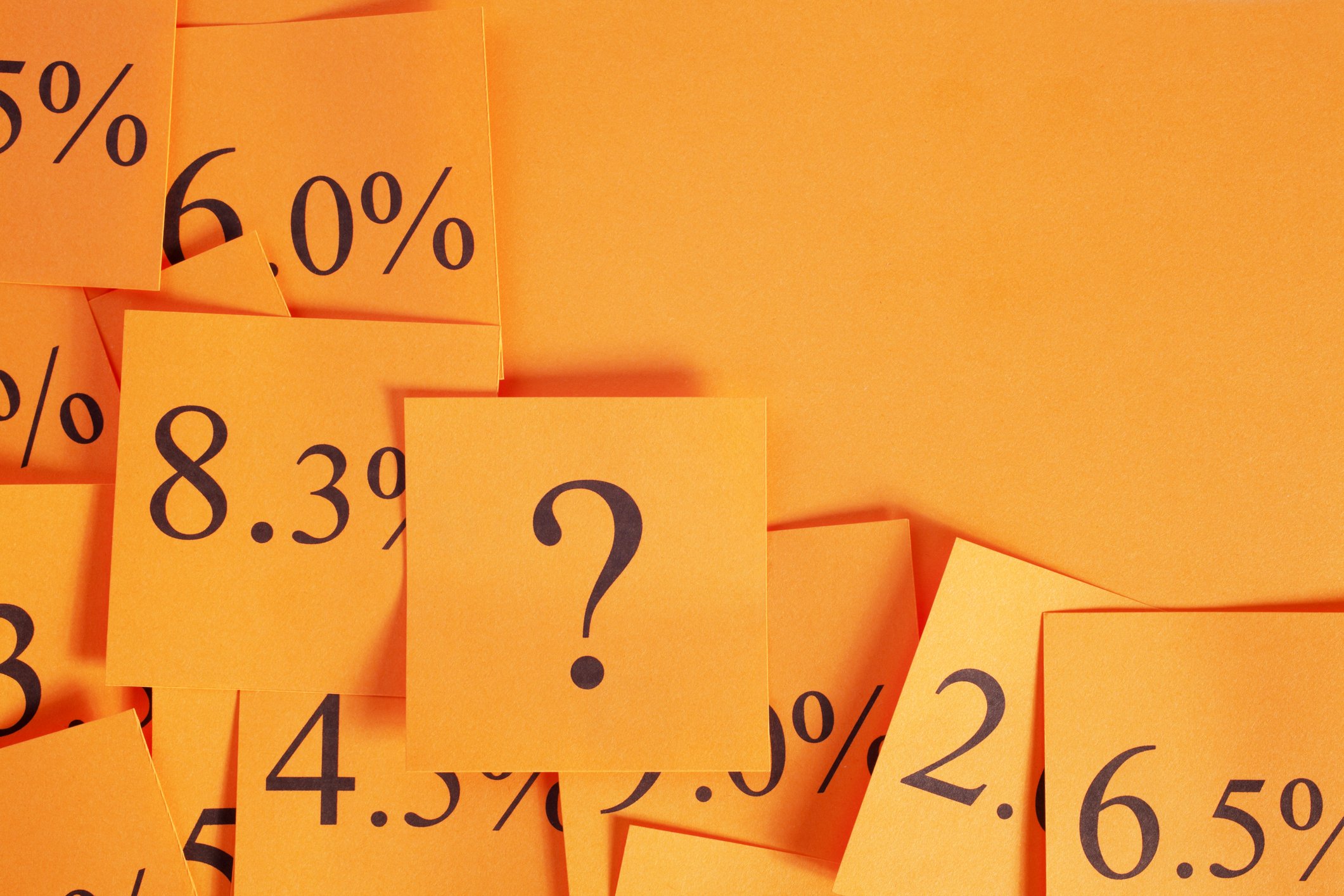How Minimum Payments Trap You in Credit Card Debt
Introduction
You just got your first credit card. You’re excited, maybe a little nervous, but you promise yourself to be responsible. You make a few small purchases—nothing crazy—and when your statement arrives, it says you only need to pay £25. Sounds manageable, right?
But what if that £25 is the beginning of a long, expensive trap?
In this guide, we’ll break down how credit card minimum payments work, why they can keep you stuck in debt for years, and—most importantly—how to escape the cycle before it starts.
What Is a Credit Card Minimum Payment?
A minimum payment is the smallest amount your credit card company requires you to pay each month. It’s usually around 1% to 3% of your balance, or a fixed amount like £25, whichever is greater.
So, if you owe £1,000, your minimum payment might be just £30. Paying that means you avoid late fees—but it doesn’t mean you’re making real progress on your debt.
⚠️ Important: If you only pay the minimum, the rest of your balance keeps growing with interest.
Why Minimum Payments Feel Safe (But Aren’t)
Credit card companies make minimum payments feel easy and low-pressure. When you’re short on cash, it’s tempting to pay the least amount possible and tell yourself: “I’ll pay more next month.”
But here’s what they don’t tell you:
Interest doesn’t stop. You’re still being charged every day on the remaining balance.
You stay in debt longer. Much longer. Like, years.
You pay way more overall. That £1,000 could cost you £2,300+ over time if you stick to minimums.
“Minimum payments are designed to keep you in debt longer. Paying more than the minimum, even just a little, helps you take back control of your money.”
A Quick Example: The True Cost of Minimum Payments
Let’s say:
You owe £1,000
Interest rate is 20% APR
Minimum payment is 2.5% of balance (£25)
If you only ever pay the minimum:
It could take you over 7 years to pay it off
You’ll pay more than £1,300 in interest
Total cost: £2,300+
Now imagine if you kept using the card while paying just the minimum—your debt could spiral out of control.
Why It’s So Hard to Escape the Trap
Here’s why minimum payments keep people stuck:
You think you’re doing enough. You see “minimum due” and assume it’s responsible to pay it.
The balance drops painfully slowly. Most of your payment goes to interest, not the debt itself.
You keep spending. Because the balance never seems too high, you keep using the card.
Financial stress builds. Over time, the interest and pressure grow while your options shrink.
It’s not laziness—it’s a system designed to make it easy to fall behind.
Why Credit Card Companies Love Minimum Payments
Credit card providers earn billions in interest each year. They want you to pay the minimum, because:
You stay in debt longer
They earn more in interest
It looks like you’re a “responsible user” on paper
💬 “Paying the minimum keeps you out of default—but it keeps them in profit.”
How to Break Free from the Minimum Payment Trap
You don’t need to be rich to escape this cycle—just a little smarter than the system.
Here’s how:
Always pay more than the minimum
Even £10 or £20 extra each month can dramatically reduce interest and shorten your repayment time.
Use the snowball or avalanche method
Snowball: Pay off your smallest debt first for quick wins
Avalanche: Pay off the debt with the highest interest rate first for max savings
Stop adding new purchases
If possible, stop using the card while you pay it down. Don’t dig while you’re trying to climb out.
Consider a 0% balance transfer card
These let you move your debt to a new card with 0% interest for a limited time—giving you breathing room to pay it off faster.
Ask for help
Charities like StepChange, National Debtline, and Citizens Advice offer free, confidential support.
Final Thought
Paying the minimum feels safe—but it’s a long-term trap. It keeps you in debt, drains your money, and benefits your lender far more than it helps you.
Be smarter than the system. Pay more than the minimum. Pay attention. And pay yourself back by escaping the trap early.
FAQ’s
-
Yes—in emergencies. But make it a short-term solution, not a habit. Try to pay extra whenever you can.
-
Ideally, pay the full balance to avoid interest. If you can’t, aim to pay as much above the minimum as possible—even an extra £20 makes a difference.
-
Not directly—if you make payments on time. But it can hurt your credit utilisation ratio and lead to long-term financial stress that affects your score.
-
You’ll likely be charged a late fee, interest increases, and your credit score may drop. Always make at least the minimum to avoid these penalties.
-
Use a credit card repayment calculator online (like the one on MoneyHelper.org.uk) to see how different payment amounts affect your timeline and total cost.









